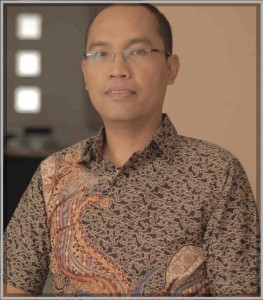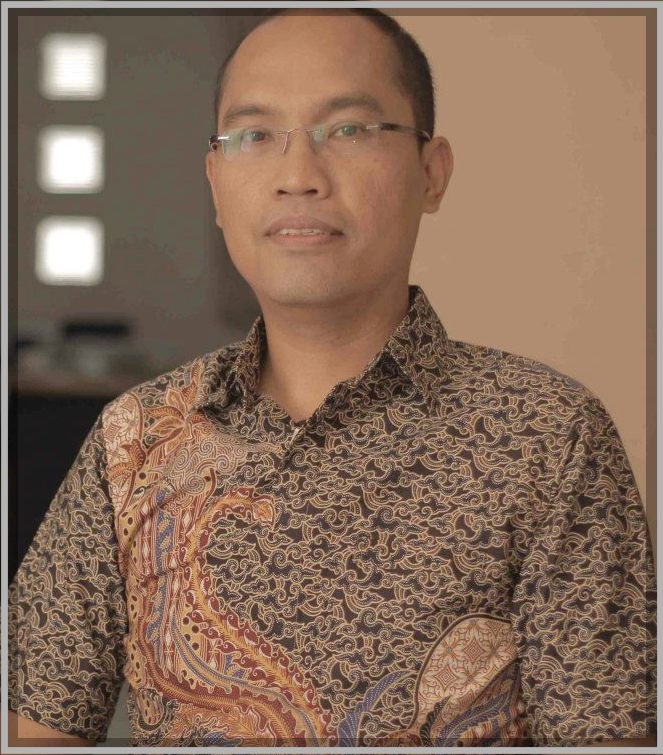 written by: Sad Dian Utomo, Executive Director of the Regional Research and Information Center (PATTIRO)
written by: Sad Dian Utomo, Executive Director of the Regional Research and Information Center (PATTIRO)
Through improving the quality of life, border residents will automatically feel comfortable in their own country so that territorial integrity is maintained.
One of the big agendas that President Jokowi must not ignore in the next five years is the development of border areas. The program related to the border of the new government, as reflected in the Jokowi-JK vision and mission, actually focuses more on the sovereignty of the country’s territory when compared to the welfare of the people. Even though maintaining the Indonesianness of the people at the border is more essential than just territorial integrity.
Maintaining territorial integrity has been carried out by previous government regimes, including SBY. Through guarding at cross-border posts by the TNI and Polri as well as routine patrols in territorial waters. This is known as the security approach. However, this is not enough to solve the problem at the border because the threat of disintegration actually comes from border communities who feel their welfare is being neglected by the government.
Jokowi offers a priority program in the border area in the political field, namely maritime diplomacy to accelerate the settlement of border issues, the territorial integrity of the Republic of Indonesia, as well as securing natural resources and the Exclusive Economic Zone and developing sea highways. There’s almost nothing new when compared to SBY, except for the last one.
The condition of the border area itself is very apprehensive when compared to neighboring countries, such as Malaysia. Smooth and bright roads in Sarawak are inversely proportional to the damaged roads with potholes and dark at night in Sambas Regency, West Kalimantan.
Not to mention the conditions of education and health. In several villages in Krayan Selatan, West Kalimantan, children have to walk more than six kilometers to go to school. Lack of teachers so teachers have to teach 2-3 classes at once. Most of them are temporary teachers. Health facilities are also still apprehensive.
Almost all districts on the border have a low human development index (HDI). Take for example Sambas Regency in West Kalimantan, which is only 66.19 or Morotai Regency in Maluku, which has an HDI of 66.08 compared to the national average of 73.29 (2012 BPS data). The HDI figure is reflected in the indicators of education, health and purchasing power.
So far, residents in border areas with Malaysia, such as in Sebatik, Nunukan Regency, North Kalimantan, are more familiar with the ringgit currency. They use gas fuel from Petronas and buy basic necessities such as refined sugar and cooking oil from Malaysia. When sick, residents prefer to seek treatment in neighboring countries. The hospital in Tawau, Sabah, Malaysia, can be reached in only 20 minutes by coal speed boat, compared to the nearest puskesmas in the district capital which takes around 2 hours. All of this is done in order to access basic services and economic needs.
In fact hundreds of residents at the border have been recruited and paid as askar wataniah or Malaysian military militia. Becoming a Malaysian militia cannot be separated from the increasing economic difficulties at the border. For them, it is a choice to survive.
In fact, naturally the border area is an area that is rich in natural resource potential. For example, minerals and coal in the border areas of the Riau Islands and East Kalimantan, lead and bauxite in West Kalimantan, manganese in NTT, and gold and nickel on the Papua border. The potential for oil and gas also stretches from Aceh, Natuna, Kalimantan to Papua.
Mass Program
Therefore, there must be a serious and massive effort from Jokowi to resolve problems in the border area. The formation of the National Border Management Agency (BNPP) in the SBY era to coordinate border programs spread across various ministries is worthy of appreciation. However, the authority of the BNPP, which is headed by the Minister of Home Affairs, is not sufficient to ensure that these programs are right on target and effective. There must be special action from President Jokowi. One of them is placing BNPP directly under the President’s Office, just like the poverty alleviation program which is directly under the Vice President’s Office.
Programs spread across several ministries must be combined into one, while technical ministries, such as the Ministry of Public Works, Ministry of Health, and Ministry of Education and Culture, have the role of providing technical guidance and supervising the quality of program implementation. Through this, it is hoped that these programs will not overlap and be in accordance with the needs of border communities.
Jokowi must also prioritize building power plants at the border, building health facilities, such as community health centers and hospitals, providing doctors and health workers, and building clean water facilities en masse. Communities at the border also need to receive priority in continuing to higher education.
In order for these programs to be right on target, budget politics must also be synchronized with regional conditions. More funds must be handed over to regions to manage development programs. BNPP and technical ministries play a role in overseeing the implementation of these programs.
Special allocation funds (DAK) for border areas must also be increased seriously. Bappenas data shows that the DAK for border districts is much lower compared to other regions. Less than IDR 2.8 trillion in 2013. Compare this with DAK for other underdeveloped regions which was more than IDR 12.8 trillion, or developed regions which reached IDR 15 trillion. The proportion of the DAK amount has almost not changed since 10 years ago (2003-2013). Even though the need for infrastructure is greater to catch up with border areas.
The private sector should also be encouraged to invest at the border. To make it attractive, a number of financing facilities and tax breaks must be provided. The fisheries and agrotourism sectors are two prospective sectors to be developed in maritime border areas. For land border areas, the energy and oil and gas sectors have great potential to be worked on. This is important to do so that the wheels of the economy at the border turn to match those of neighboring countries.
Jokowi must also be able to invite international development cooperation institutions to work in border areas. Through grant programs to increase the capacity of government officials and empower the community, it is hoped that local governments will be able to respond quickly to community needs so that the threat of disintegration can be anticipated as early as possible.
This massive program must be Jokowi’s priority. So, in the next five years there will be significant changes to the quality of life of border communities. Through improving the quality of life, border residents will automatically feel comfortable in their own country so that territorial integrity is maintained. If not, the threat of joining neighboring countries could become a reality. For border residents, the neighbors’ grass is too green, while their yard is barren and dry.
*This article was published in the Daily Opinion column of Media Indonesia, Thursday, 30 October 2014 edition.





